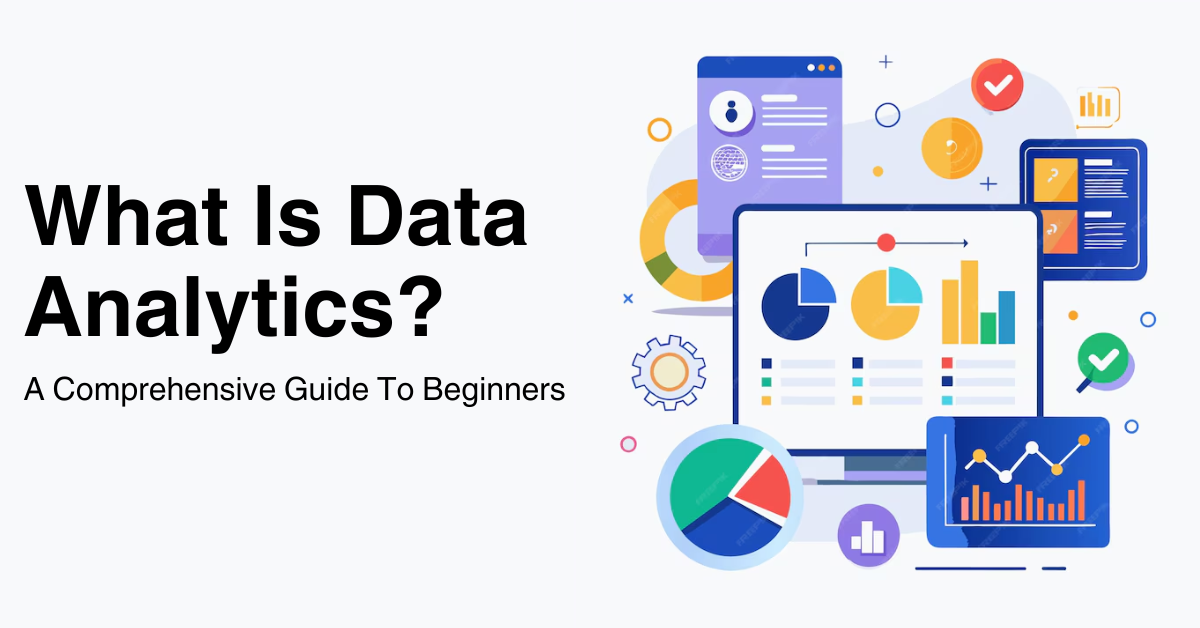What is Digital Marketing?
In today’s technologically driven world, digital marketing has become essential to corporate strategy. Businesses looking to stay competitive must grasp digital marketing given the internet’s ubiquitous influence on customer behaviour. This thorough guide explores the essential elements, tactics, and advantages of digital marketing, delving into its complexities. You will have a solid understanding of digital marketing and how to use it to expand your company by the time you finish reading this article.
Understanding Digital Marketing
Any marketing initiative that makes use of an electronic device or the internet is referred to as digital marketing. Enterprises utilize digital platforms like search engines, social media, email, and more websites to establish connections with both present and potential clientele. It is impossible to overestimate the significance of digital marketing since it enables companies to interact directly and personally with their target audience, something that is not possible with conventional marketing techniques.
Essential Elements of Online Advertising
1. Search Engine Optimization (SEO)
Optimizing your website to rank higher in search engine results pages is known as search engine optimization, or SEO (SERPs). This is important since improved rankings result in more organic traffic and greater visibility. SEO uses a variety of tactics, such as:
Finding the search phrases your target audience employs is known as keyword research.
On-page SEO:
it is the process of improving HTML source code and content, including header tags, meta descriptions, and title tags.
Off-Page SEO:
Increasing the authority of your website by constructing backlinks from respectable websites.
Technical SEO:
Optimizing a website for mobile devices, making it faster, and making sure search engines index it correctly.
Long-term investments like SEO can pay off handsomely since they bring steady, organic traffic to your website.
2. content marketing
The goal of content marketing is to draw in and hold on to a certain audience by producing and disseminating informative, engaging content. The main objective is to position your brand as an authority in the field by giving your audience helpful knowledge that solves issues or provides answers to inquiries. Important types of content consist of:
Blog Posts: Frequently updated pieces on pertinent subjects.
Videos: Captivating visual information that can narrate a tale or clarify difficult ideas.
Infographics: Data or information represented graphically.
Whitepapers and e-books are in-depth materials that offer thorough insights on particular subjects.
Listening to audio while on the go is known as podcasting.
In addition to increasing traffic, good content marketing fosters relationships with your audience and helps to establish their confidence.
3. Social Media Marketing
Utilizing social media sites like Facebook, Instagram, LinkedIn, Pinterest, and Twitter to market your business and content is known as social media marketing. This tactic aids in boosting traffic, building brand awareness, and establishing a more intimate connection with your audience. Among the crucial facets of social media marketing are:
Content Creation: Crafting interesting articles, pictures, and videos that are appropriate for every platform.Community management includes managing customer care enquiries, replying to comments, and interacting with followers.
Paid Advertising: Targeted advertising that runs to attract certain audiences and increase conversions.
Analytics and reporting: tracking campaign performance on social media and making data-driven strategy adjustments.In order to create a community around your business and encourage direct communication with your audience, social media marketing is crucial.
4. Email Marketing
Lorem ipsum dolor sit amet, consectetur adipiscing elit. Ut elit tellus, luctus nec ullamcorper mattis, pulvinar dapibus leo.


